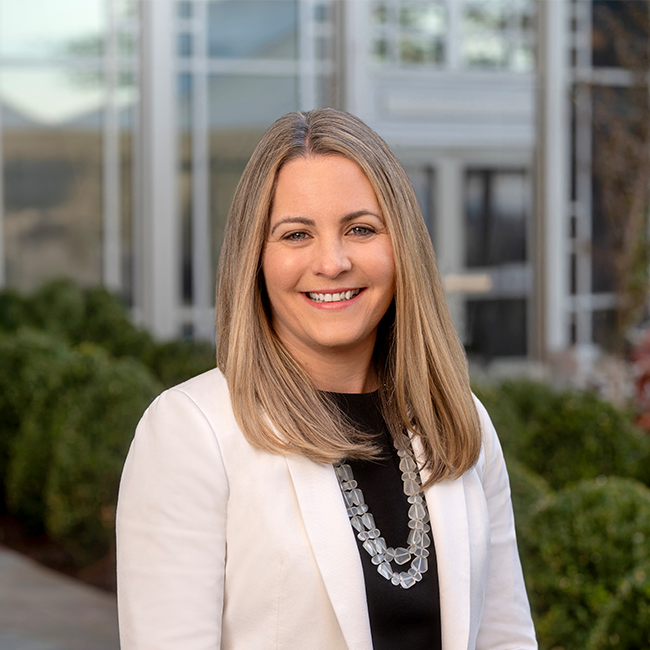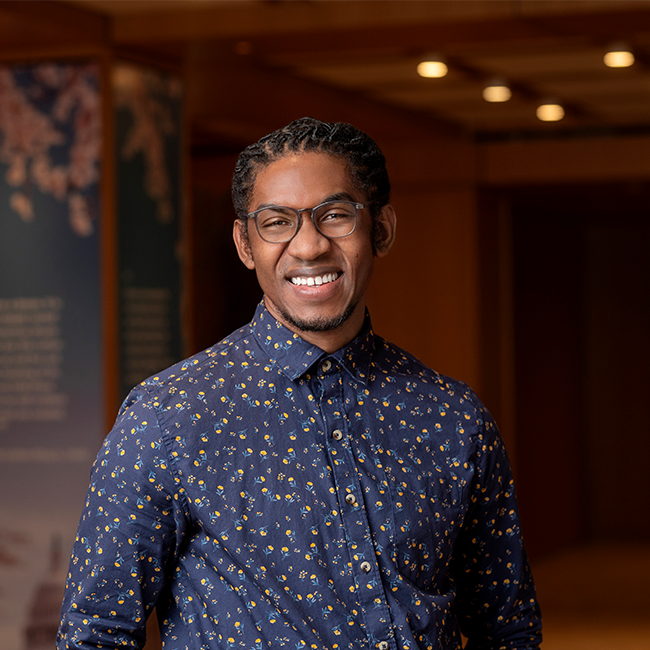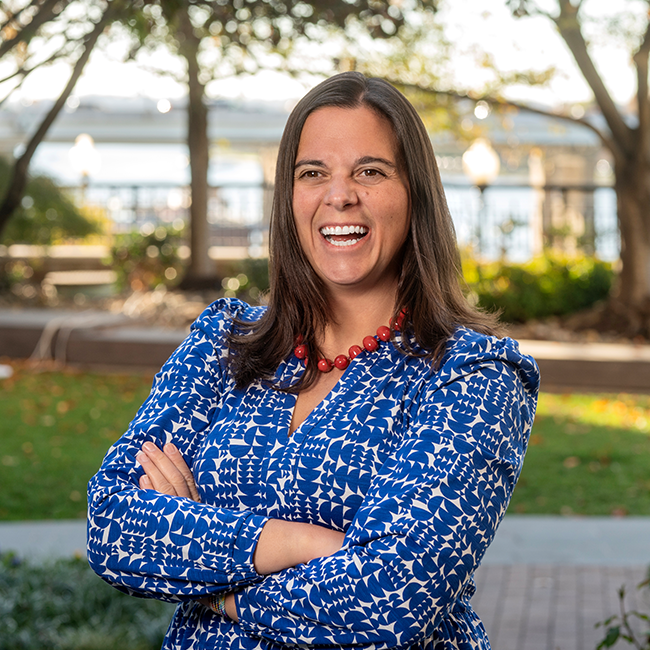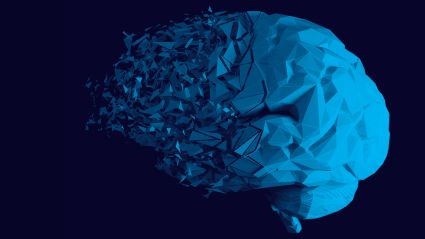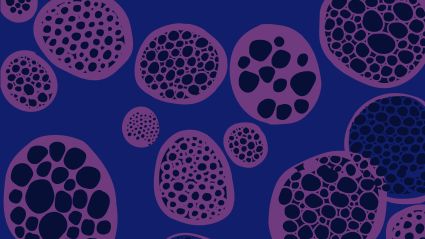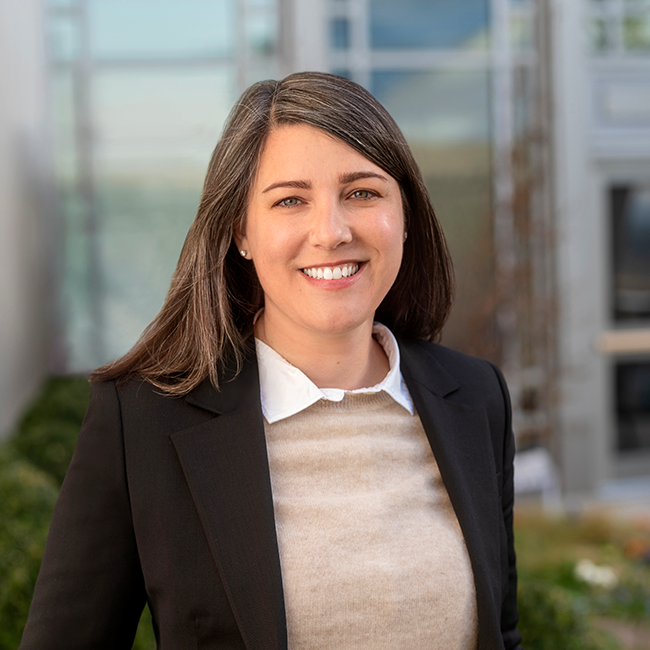
Tambourine Philanthropies and the Milken Institute Science Philanthropy Accelerator for Research and Collaboration (SPARC) are pleased to announce eight research teams selected to receive funding through Tambourine’s ALS Breakthrough Research Fund. Tambourine has committed over $5 million to teams from around the world to conduct basic and discovery-focused research aiming to change how we understand and treat amyotrophic lateral sclerosis (ALS). This Fund was designed to support creative, bold ideas that hold the potential to generate breakthrough insights and attract new talent, tools, and ideas to tackle ALS. Research studies will run for two to three years.
Research supported by the ALS Breakthrough Research Fund includes:
-
Bahareh Ajami, PhD, Oregon Health Science University, Oregon, USA
This project aims to use state-of-the-art approaches for examining gene expression profiles and cellular connections to uncover the mechanisms underlying the differential vulnerability of different populations of motor neurons to degeneration in ALS. These studies will generate a valuable data set that other researchers can learn from and interrogate, promote further understanding of the role of microglia in preserving motor neuron health, and unveil novel therapeutic strategies.
-
Jimena Andersen, PhD, Emory University, Georgia, USA
This project aims to develop cutting-edge 3D cellular models that recapitulate the connection between the brain, spinal cord, and muscles of ALS patients. The team will use these novel models of ALS to compare the cellular composition, gene expression profiles, and genetic susceptibility of ALS-affected and unaffected cellular networks. Overall, these studies will generate a new ALS model using human cells that could be transformative for studying mechanisms underlying ALS and developing novel therapies.
-
Marianna Leonzino, PhD, IRCCS Humanitas Research Center, Italy
Co-Investigator: Paolo Colombi, PhD, Instituto di Genetica Molecolare, ItalyThis project aims to employ innovative technologies to better resolve the function and composition of cellular components that serve as a convergence point of pathogenic pathways involved in familial and sporadic ALS. This project could uncover a molecular pathway that unifies several subtypes of ALS under one molecular process, transforming how science thinks about ALS and discovering a compelling therapeutic target at the same time.
-
Magdalini Polymenidou, PhD, University of Zurich, Switzerland
Co-Investigator: Martin Muller, PhD, University of Zurich, SwitzerlandThis project aims to mechanistically resolve a critical knowledge gap regarding the functional impact of pathological aggregation of TDP-43 protein on the structure and function of synapses. This project will provide greater insight into how one of the key molecules involved in ALS and frontotemporal dementia (FTD)—TDP-43—leads to a breakdown of cellular communication within the brain, thus yielding mechanistic insights that cut across multiple neurodegenerative diseases.
-
Caroline Rouaux, PhD, Inserm and Strasbourg University, France
Co-Investigator: Sabine Liebscher, MD, PhD, University of Cologne and University Hospital Cologne, GermanyThis project aims to use a novel approach in human tissue and rodent models to test a hypothesis about whether hyperexcitability of the motor cortex could be used as a diagnostic and prognostic biomarker in ALS. It will also probe the utility of correcting noradrenaline activity in the brain as a therapeutic method. This project has a clear translational impact by pursuing the development of biomarkers and identifying a potential new target for early intervention or treatment of ALS.
-
Clive Svendsen, PhD, Board of Governors Regenerative Medicine Institute, Cedars-Sinai, California, USA
Co-Investigator: Earnest Fraenkel, PhD, Massachusetts Institute of Technology, Massachusetts, USA
Co-Investigator: Michael Workman, PhD, Cedars-Sinai Medical Center, California, USAThis project aims to reveal specific molecular signatures and subtypes of ALS by combining gene expression profiling, robotic imaging, and advanced artificial intelligence methods with patient-derived motor neurons. These studies could effectively subtype people living with ALS and enable precision medicine treatment approaches. This project leverages the powerful, open-access biological resources developed through the Answer ALS research project to develop a novel platform for resolving the heterogeneity of sporadic ALS at the cellular level.
-
Ryan West, PhD, The Sheffield Institute for Translational Science, The University of Sheffield, England
Co-Investigator: Jonathan Cooper-Knock, PhD, The Sheffield Institute for Translational Science, The University of Sheffield, EnglandThis project aims to mechanistically test the hypothesis that combinations of genetic mutations create a predisposition to environmental risk factors and lead to sporadic ALS. The team will combine predictive computer modeling using data from the large, open-access genetic data set Project MinE with mechanistic, experimental manipulation of genetic and environmental factors. These studies will help us understand the commonalities and specific risk factors for sporadic ALS, which have proven difficult to identify.
-
Hynek Wichterle, PhD, Columbia University, New York, USA
Co-Investigator: Emily Lowry, PhD, Columbia University, New York, USAThis project aims to perform a detailed, mechanistic study of the critical cellular processes that break down proteins and test the therapeutic potential of compounds targeting these protein-degradation mechanics. This discovery-focused study could help identify new therapeutic targets and generate new hypotheses about the role of impaired protein breakout in neurodegenerative disease.


